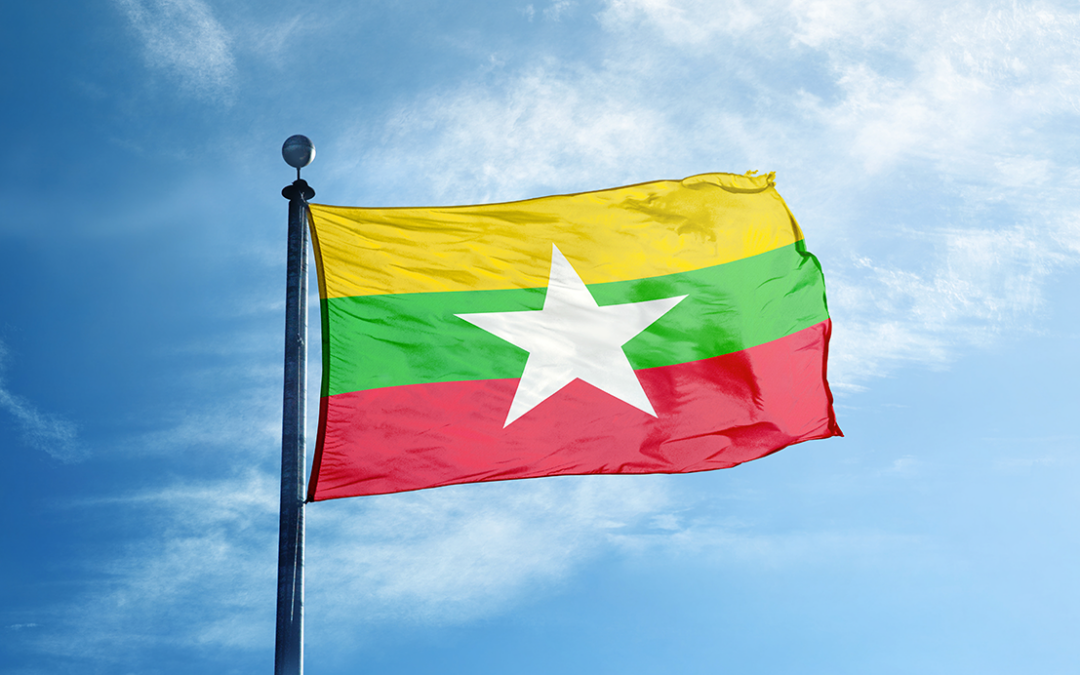

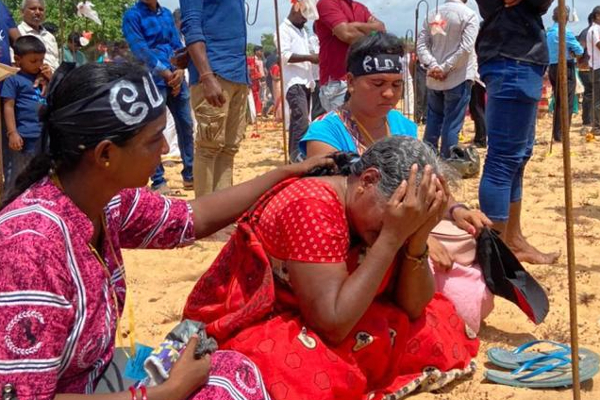
Sri Lanka: 15 years after end of war, victims and survivors still await justice and accountability
As Sri Lanka marked 15 years since the end of a decades-long armed conflict on 18 May 2024, the International Commission of Jurists (ICJ) deplored the near total impunity that has prevailed, and lack of victim-centred justice and accountability for war time...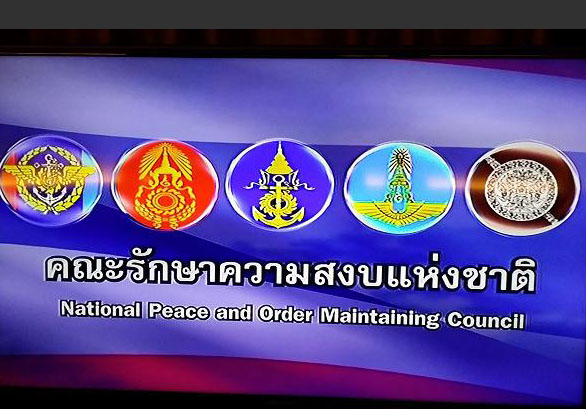
Thailand: 10 years after the military coup, Rule of Law remains to be fully restored
Ten years ago today, the Thai military, operating under the name of the National Council for Peace and Order (NCPO), staged a coup d’état, dismantling institutional arrangements critical to the operation of the rule of law and the protection of human rights. The...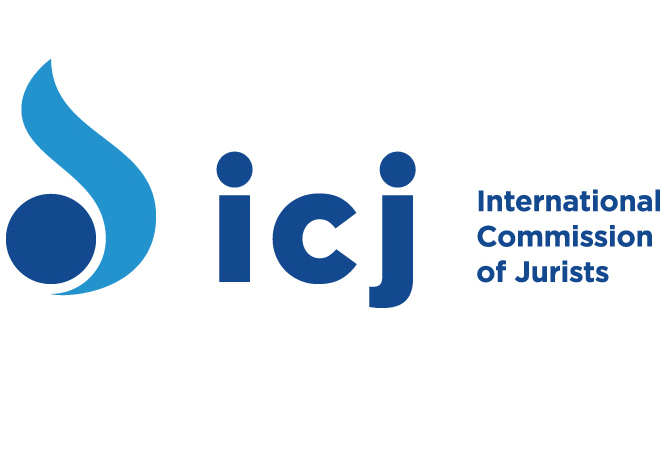
Palestine/ Israel: ICC Prosecutor’s Application for Arrest Warrants Is a Significant Step towards Addressing Impunity in the Gaza Conflict
The International Commission of Jurists (ICJ) welcomes the decision of the International Criminal Court (ICC) Prosecutor to apply for arrest warrants against Israeli and Hamas leaders for alleged war crimes and crimes against humanity, including extermination, murder,...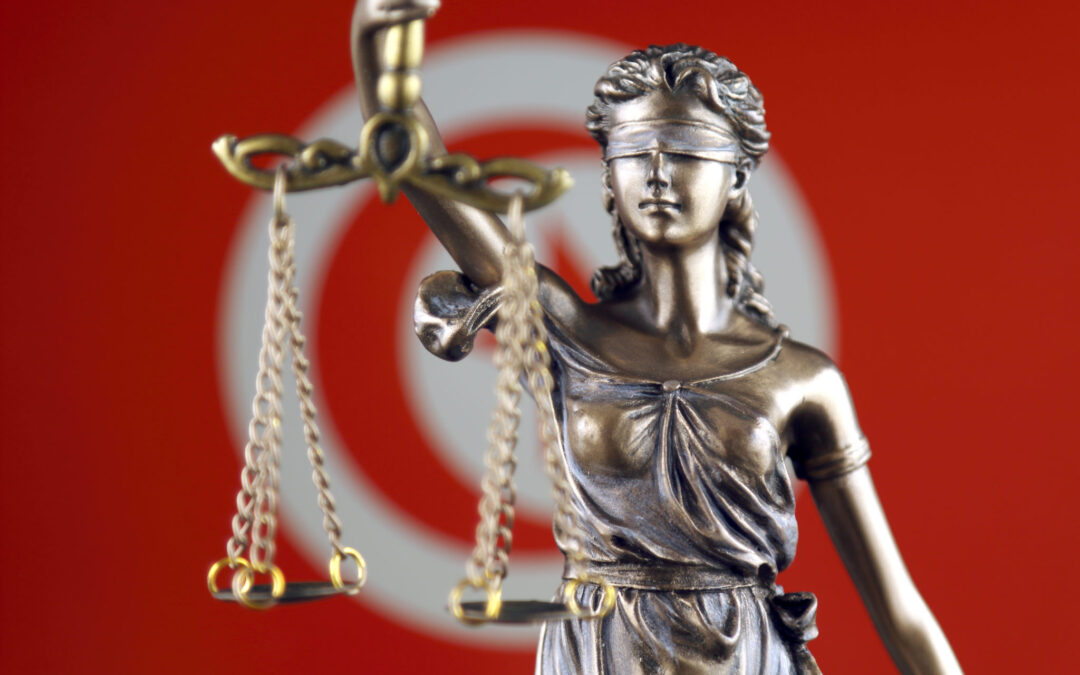
Tunisia: authorities must conduct a credible investigation into suspected torture of lawyer Mehdi Zagrouba
The Tunisian authorities must immediately conduct a thorough, independent and impartial investigation into credible allegations of torture and other ill-treatment of lawyer Mehdi Zagrouba, including by permitting The National Authority for the Prevention of Torture...
South Africa: third-party intervention in Semenya v. Switzerland
The International Commission of Jurists, the Organisation Intersex International Europe and the European Region of the International Lesbian, Gay, Bisexual, Trans and Intersex Association jointly file a third-party intervention before the Grand Chamber of the European Court of Human Rights in a case concerning the South African athlete Caster Semenya.




